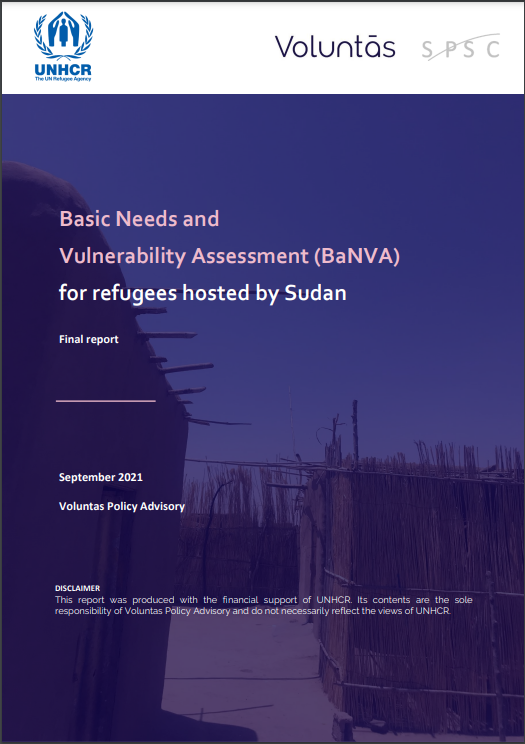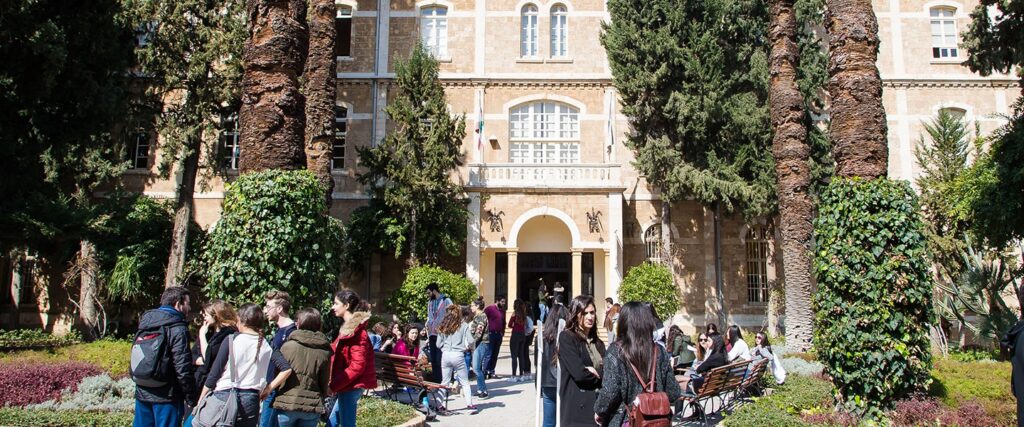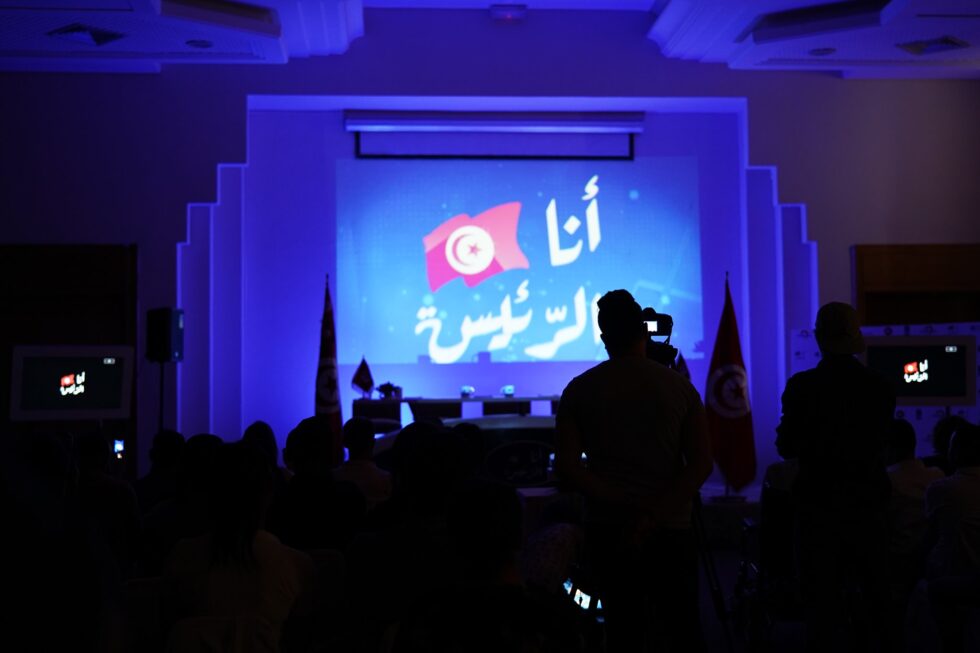The idea of holding new general elections is not new. Indeed, it has been a recurring issue ever since the June 2014 HoR elections were cast into doubt by part of the political elite in Libya. However, until now, no agreement has been reached to allow for their implementation.
Voluntās Policy Advisory has been working in Libya since 2012. With data collection and facts-based analysis we provide advice to national and international partners alike. Below, Niklas Kabel Pedersen, Head of Voluntās Policy Advisory provides some perspectives on potential challenges to holding national elections in Libya in the near future.
Voter registration
Registered voters: The High National Elections Commission (HNEC) is mandated to carry out national elections in Libya. It also holds the national voter register, which should form the basis of any future elections. There are no official current numbers of the voting age population in Libya; however, based on the 2012 update to the national census, there are estimated to be around 3.6 million eligible voters. Many believe this number to be too low even though the voter register had never reached this level prior. In 2012 – for the GNC elections – the HNEC succeeded in registering around 2.8 million Libyans in a manual paper-based voter registration process.
When changing the voter registration system in 2014 for the February CDA elections into a SMS-based system, only 1.1 million voters registered to vote. For the subsequent June 2014 HoR elections, this increased to 1.5 million registered voters. In late 2017/early 2018, HNEC carried out a voter registration update, which increased the overall number of Libyans currently registered to vote to around 2.5 million[1]. Out of these, around 1 million are women. Despite the noticeable increase in registrants, the numbers illustrate the need for work to be done to ensure a more comprehensive registration of eligible Libyans – thus adding legitimacy to the electoral outcomes. This is especially the case for women and youth, who are currently underrepresented in the voter register.[2]
Voter registration system: The current voter register is managed through a SMS-based system. This has allowed for easy registration of voters through sending a SMS to the HNEC servers. However, in recent years critics have publicly been questioning the credibility of the system raising the issue of potential fraud – especially through impersonation. The HNEC is therefore currently working on developing the main features of a new voter registration system – based on electronic/smart voter cards[3] – that will include additional safeguards against fraud. Having this in place will increase the perceived legitimacy of the electoral process, but will also require significant efforts, funding and time for full rollout.
[1] www.hnec.ly
[2] https://www.ifes.org/sites/default/files/ifes_2018_survey_on_voters_intent_libya.pdf
[3] https://www.libyaherald.com/2020/09/07/hnec-discusses-introducing-e-voter-cards-for-next-elections/
Election Management
COVID-19: Libya has been significantly impacted by the global COVID-19 pandemic. The growth in cases is currently exponential[1] and the national health care system – already ruined by years of conflict – is facing significant challenges.[2] Extensive work has been done globally to study and analyze the impact of COVID-19 on elections[3], but the Libyan authorities are faced with the double challenge of managing a porous security situation in combination with a fragile health care system. Significant work will have to be done and support provided to ensure future elections are held in a manner that does not put the Libyan civilian population at risk. This will likely increase the budget needed for implementation as well as add to the timeline realistically achievable.
HNEC funding: HNEC is an independent national institution mandated by law to manage and organize all national elections in Libya. However, its budget is still to be approved by the parliament in order to be included into the national budget. Due to the political conflict and divide in Libya happening since 2014, HNEC’s budget is currently allocated by the Presidential Council. However, following recent statements about having elections take place in early 2021, the HNEC has been clear in communicating that no operational budget is currently being provided.[4] If elections are to be a credible tool for providing a peaceful and democratic transition of power, it requires a strong and capable electoral management body. Significant funding and time will therefore have to be provided to HNEC in advance of any potential elections.
Electoral security: Since the latest national elections in Libya in June 2014, armed conflict has been raging in various parts of the country. Most recently, western Libya has seen significant clashes take place since April 2019 with GNA-loyal forces fighting the forces loyal to General Khalifa Hafter and his Libyan National Army. As such, security will be an important challenge to future electoral processes. Recent surveys also highlight instability as the main concern of people with more than 60% citing violence as the biggest problem facing Libya.[5] The overall security environment in Libya remains complex with two competing governments and seemingly extensive foreign engagement on both sides. Disinformation efforts will likely increase when elections are scheduled as domestic groups and foreign backers tussle for power in a new government. Securing future elections will require significant efforts and coordination as the electoral process will not just encompass polling day, but also includes the transportation of electoral material – ballots etc. – as well as announcement of results and legal adjudication of potential disputes. Political will is needed to make this possible.
[1] https://www.worldometers.info/coronavirus/country/libya/
[2] https://reliefweb.int/report/libya/libya-covid-19-and-conflict-collide-libya-deepening-humanitarian-crisis
[3] https://www.idea.int/news-media/news/risk-mitigation-measures-national-elections-during-covid-19-crisis and https://www.ifes.org/publications/ifes-covid-19-briefing-series-safeguarding-health-and-elections
[4] https://www.libyaherald.com/2020/09/05/following-serrajs-call-for-march-elections-hnec-says-it-is-not-ready-for-elections-due-to-insufficient-funds/
[5] https://www.ifes.org/sites/default/files/ifes_2018_survey_on_voters_intent_libya.pdf
The Political Economy of Elections
Electoral system: Until now, the national elections in Libya have all been held through various electoral systems. The systems have varied from being party-focused in large constituencies, through being solely focused on individual independent candidates in smaller constituencies, to being a mix of both simultaneously[1]. As such, there has been no continuous stable legislative approach to how elections are governed, and seats allocated. This means that work will have to go into deliberating and agreeing politically on key issues such as constituency delineation, seat distribution, and the role of political parties before national elections can be held.
Public awareness: The level of participation in future elections in Libya will be an important determinant for the perceived legitimacy and credibility of the results. As such, it will be important to ensure a broad segment of the population is aware of the significance of participation as well as their role as voters, and potentially as candidates. In the 2012 GNC elections, around 1.8 million Libyans voted; a number that dropped dramatically in 2014 for the CDA and HoR elections with only slightly more than 400,000 and 600,000 voters participating respectively. With 2.5 million Libyans currently registered by HNEC to vote, the turnout will have to be high if the level of participation from 2012 is to be achieved. However, based on recent population surveys, the interest in participation is positively strong. As such, a large majority of Libyans say that elections are either very important and that every Libyan should absolutely participate (59%) or that elections are generally important and that Libyan citizens should try to participate (25%).[2] Important and significant efforts will have to be put into ensuring that these people actually participate so that the process is perceived as credible. This awareness raising will have to happen through both official campaigns by HNEC as well as civic education efforts carried out by and with Libyan civil society representatives.
[1] Ellen Lust & Voluntas (JMW Consulting): Libyan Election Parliamentary Study, 2013
[2] Ibid.
Amid persistent security concerns, a predatory economic system and a lack of shared political vision among Libyan politicians, the above illustrates a very top-level focus on challenges to future elections in Libya. However, despite these, the willingness of Libyans to engage in positive reform efforts to underpin a future democratic state continues to shine through. Voluntās supports national and international stakeholders in their efforts towards creating a society allowing all citizens to realize their full potential.
Voluntās Policy Advisory
Voluntās Policy Advisory has been working in Libya since 2012. With data collection and facts-based analysis we provide advice to national and international partners alike. We offer holistic consultancy services within a set framework of principles: meaningfulness, diversity, and sustainability. We deliver on all aspects of the program lifecycle from the inception to follow-up stages. As a part of this engagement, we use data, analysis, and insights to develop fact-based programming, strategies, and policies. We specialise in working with local partners and building their capacity to ensure the availability and collection of data from difficult environments and vulnerable groups. We use this data and insights to inform the public debate. We deliver at implementation and management support levels as well as reviews, monitoring, and evaluations.
Voluntās Policy Advisory builds on a track record of +100 projects in Africa, the Middle East and Asia with a strong focus on post-conflict environment for +40 clients. In 2017, we opened an office in Tunis to support our growing portfolio of projects in the region. We thereby have an on-the-ground presence in the region and a deep understanding of the socio-economic context, dynamics and political environment.












Recent Comments